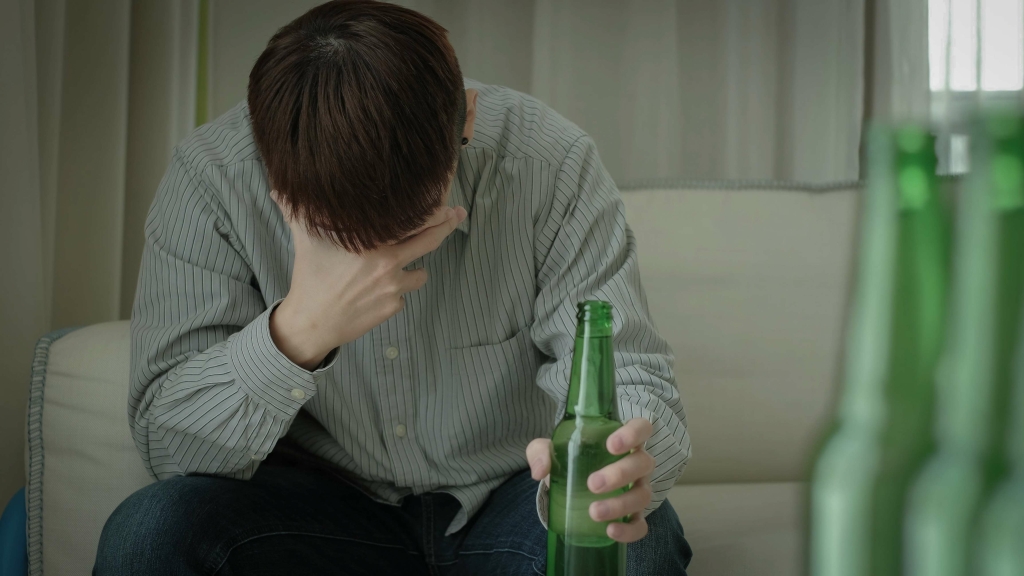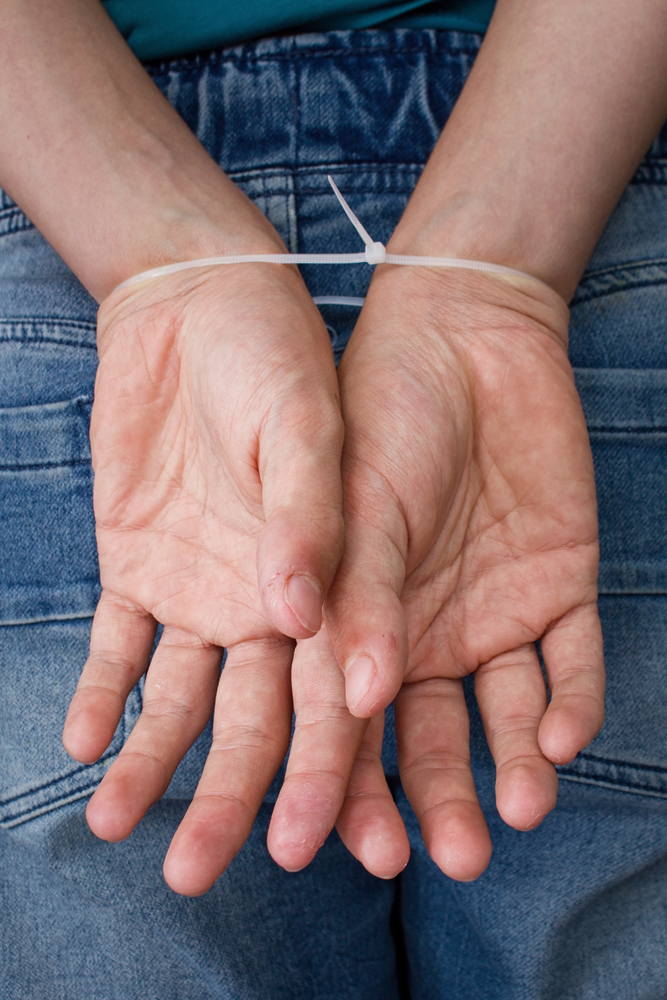Stages of Change in the Addiction Recovery Process
June 27, 2023 4:11 pm Leave your thoughtsThat includes offering interactive, online seminars; pilot grant funding; research mentoring programs; help with designing and testing new measures; as well as collecting and sharing existing measurement resources. Detoxification is the level of care designed to treat acute withdrawal from alcohol or other drugs where symptoms are managed by medical professionals. Detox is necessary when someone has used large amounts of a substance for an extended period of time and requires medical supervision and care. Sign up to get info about the science behind addiction, the latest trends in addiction treatment, mental health awareness, inspirational recovery stories, and much more. They do so knowing they https://clomidxx.com/baby-born-without-an-immune-system-is-finally-allowed-home/ are in a space where others are more likely to relate.
Alcohol and Psoriatic Arthritis: The Science Behind It
Whether through individual or group therapy, medication-assisted treatment, or holistic interventions, tailoring the approach to the individual’s circumstances enhances the effectiveness of addiction recovery efforts. Adherence to an after-care plan is crucial in maintaining recovery progress. After completing a formal treatment program, individuals often receive an after-care plan tailored to their specific needs. This plan may include ongoing therapy, support group participation, and regular check-ins with healthcare professionals.

Navigating the Phases of Recovery from Alcohol Addiction
- Acknowledge milestones, whether it’s completing training, landing a job, or excelling at work.
- Explore if alcohol-induced afib can be reversed, the connection between alcohol and AFib, and treatments.
- These strategies are not just one-time actions but continuous practices to ensure a healthier, sober life.
- This personalized journey can help sustain recovery, as individuals become resilient in facing life’s challenges without resorting to alcohol.
- For many, by the one-month mark, improvements such as weight loss, clearer skin, and better blood pressure are noticeable.
- Residents are expected to abstain from drugs and alcohol, actively work on their recoveries, and follow the house rules.
If you or a loved one is struggling with substance abuse and is looking for a place to start, take the first step today by contacting a treatment provider. Together, you can explore your rehab options and discuss the intake process. At The Walker Center, gender-specific residential treatment programs allow men and women to focus on their recovery in an environment that understands and respects their unique needs.
Role of support systems

They offer no clinical services; what they do provide is the support of others actively recovering from addiction, and they help individuals avoid the situations linked to drug use and the triggers for it. Many halfway-house residents are enrolled in outpatient treatment programs. All undergo drug testing as a condition of residence and are usually required to attend peer-support programs both within the house and in the community, such as AA or NA meetings. Through the lens of TTM and MI, the recovery process emerges as a dynamic and fluid evolution. These models recognize the cyclical nature of change, emphasizing the potential for relapses and reinforcing the importance of ongoing https://www.kushnirs.org/2021/08/ support. As individuals traverse the stages – pre-contemplation, contemplation, preparation, action, maintenance, and termination – the integration of motivational interviewing ensures a tailored and responsive approach.

Drug Abuse Screening Test (DAST-
Intensive outpatient programs (IOPs) are typically based in a hospital or clinic and provide therapy and other services several hours a day, allowing patients to live at home and attend school or work part-time. Partial hospitalization programs, sometimes known as day treatment, and also typically hospital-based, provide day-long treatment programming to patients living at home. It is common for patients to start treatment in a partial hospitalization program and, after a few weeks, take a step down in level of care to an IOP. American Addiction Centers (AAC) understands the importance of ongoing care. As previously mentioned, some aftercare plans include stepping down to another level of care, such as a PHP, IOP, or standard outpatient care. Outpatient counseling or therapy can also help them work through mental health issues and assist them in developing a relapse prevention plan, improving communication with family members, even finding a job.

Hogue’s HEAL-funded research aims to create tools for providers, youth, and their families to find lasting recovery by targeting three concrete principles. Inpatient, or residential, treatment is sometimes referred to as “rehab” and provides a controlled, structured setting where people can avoid the distractions and temptations of their home and community environments. The information gathered is used to verify your diagnosis, confirm the appropriate level of care, and make informed recommendations for your treatment. This assessment leads to an individualized treatment plan that defines specific objectives and goals and is used to continuously assess your progress and make adjustments to the treatment process as needed. Recovery from addiction generally starts with becoming abstinent from alcohol and other substances.

Holistic Approach to Relapse Prevention
In addition to mutual support groups, whether they are 12-step programs or an alternative approach, getting professional treatment can significantly improve a person’s chances of recovery. Depending on an individual’s needs, such treatments may involve therapy, medications, or inpatient/outpatient rehab. Talk to your doctor about which options might be suitable for your needs. Addictive behaviors have similar neurological and psychological processes and create rewarding feelings and sensations, so replacement addictive behaviors are common http://www.plam.ru/psiholog/bolshoi_psihologicheskii_slovar/p6.php among those trying to overcome an addiction. Focusing on finding rewarding, healthy strategies that support your long-term recovery.
Categorised in: Sober living
This post was written by vladeta



